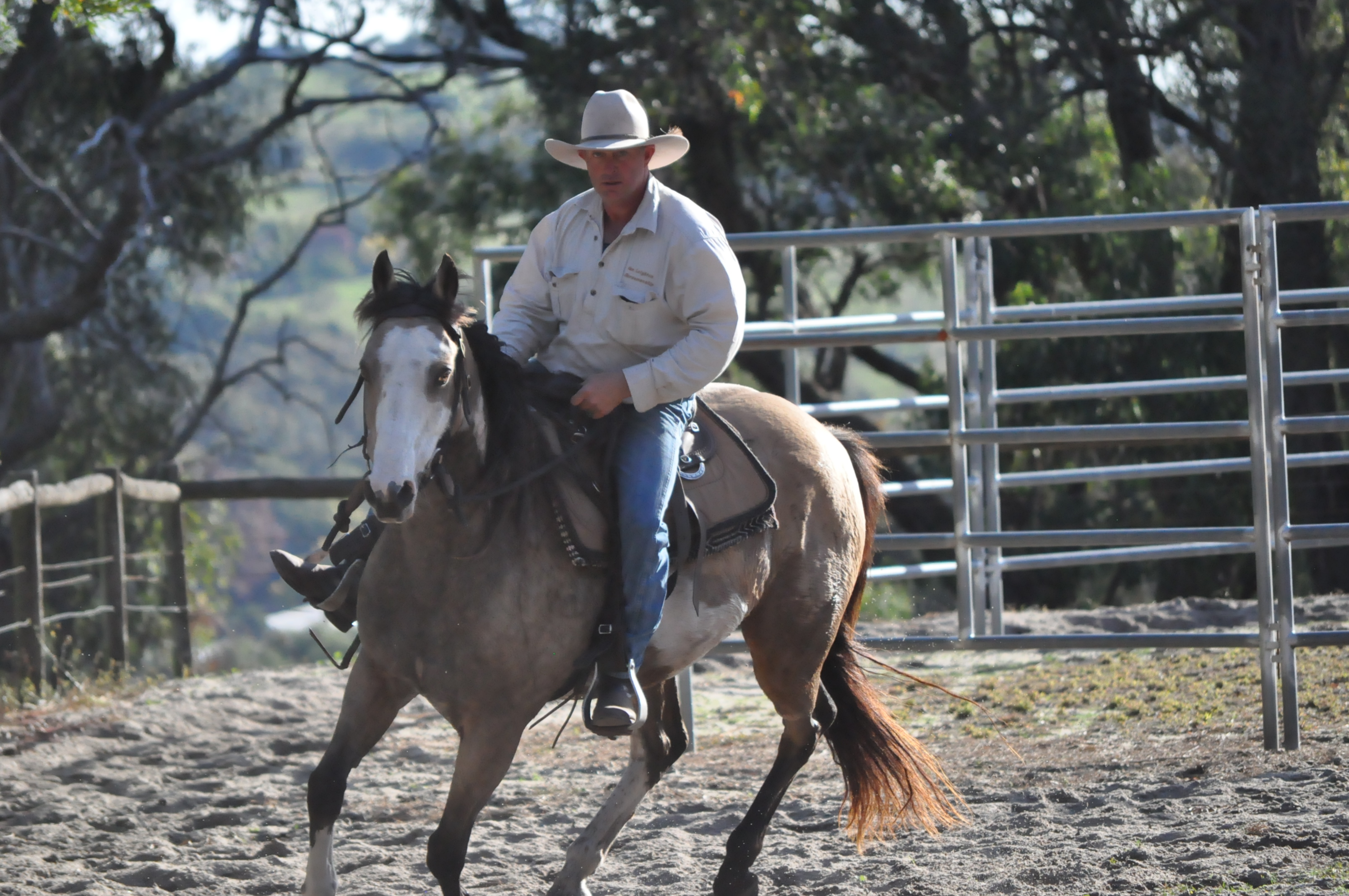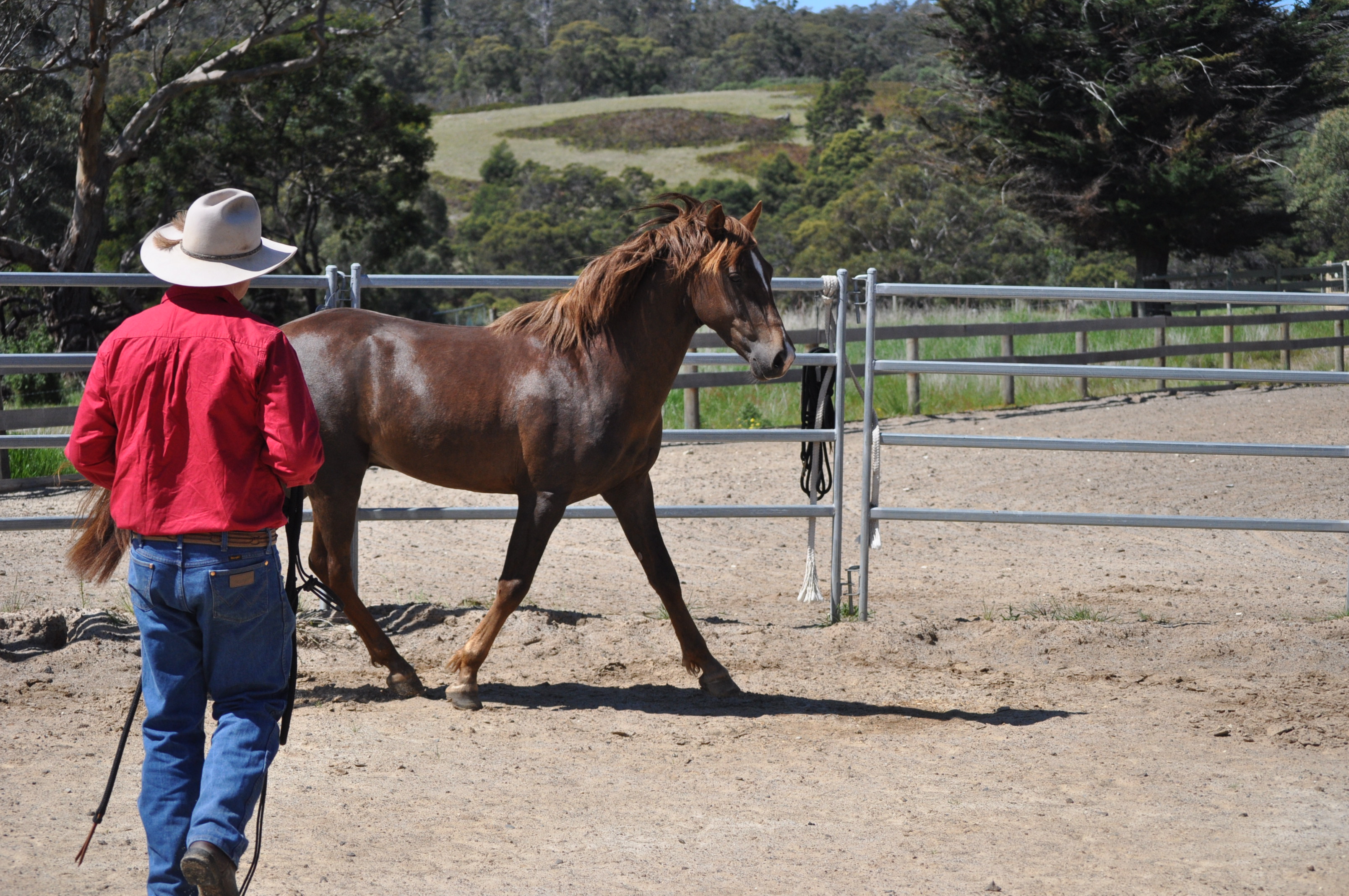
A new look at making the right thing easy and the wrong thing difficult.
Making the “right thing easy and the wrong thing difficult” has been one of the most used terms when talking about horse training that I know of.
I don’t know who first said it but I first heard it as a kid and that was long before I had heard of many of the trainers it is attributed to. Its a sound philosophy when teaching a horse something new and definitely has a huge place in helping a horse learn what works for them and just as importantly what doesn’t.
There is another dimension to this when it comes to working with problem horses that I feel everyone should at least consider. I think that it will probably take away some of the simplicity of the above statement but might just save you from some heart ache and frustration also.
Many horses that have a behavioural issue do so because of a perceived discomfort that can only (in their mind) be escaped by an action that is not necessarily what the rider wants. Some people tag this as naughtiness or bad behaviour. I am going to use a common one like pig rooting or bucking when asked for a canter transition. First we need to know what causes this.
Pig rooting or bucking into a canter (assuming the horse is sound) mostly is caused by a persons inability to let the horse go. They often will tighten down on the reins as the horse tries to make the transition. This is a knee jerk reaction due to a fear of the horse rushing when they break into a canter. Some horses will refuse to canter and just trot faster and faster through fear of this and others will pigroot or in worse cases buck as they transition.
Usually this causes the uneducated or faint hearted rider to let either let go, stop the horse or in more modern times go to a one rein stop. In every case they are giving a release or making things better for the horse than the discomfort of someone grabbing them in the mouth and holding when they try to canter. They are making the right thing difficult and the wrong thing easy.
Once this has been an issue for some time the horse will fear a canter transition even with a rider who is not so tough with their hands and react as he always has for a release. In a case like this we have to change our thinking a little.
It will do you no good making things tougher for the horse to buck or pigroot when he already thinks its going to be tough. That will just worry him even more and he will either shut down or become more reactive.
How do we handle this?
We need to stop making things hard for the horse to do what we want.
We need to forget about trying to make what we don’t want harder or more difficult than the already perceived discomfort the horse is working to avoid.
We do need to prove to him that it is ok to go and that we are “not” going to (under any circumstances) grab his mouth when he tries to canter.
Make sure he has good instant non rushy canter transitions in your ground work and if you are having trouble getting him free with his feet under saddle maybe get someone to flag you from the ground to help out. A round yard is good for this.
Stay loose on the horse and keep your body and legs relaxed. Leave the horse on a loose rein and maybe even ride in a halter on loose reins and let him go.
Don’t be a passenger pulling on a handbrake when he does go be a rider and flap him forward. If he rushes ride through it just keep riding until he slows. It wont take long if he realises that you are relaxed and not making him uncomfortable.
Most horses can not buck much when they are moving freely forward at a canter and its easy to just sit and go with it until he works out that you are relaxed and not making him uncomfortable.
Do this as many times as it takes to convince your horse that its ok to go (maybe a few sessions). When you get him giving you smooth and relaxed instant canter transitions you will be ready to further his training. If you are not confident enough for this get some help.
So here is a case of making the right thing easy, convincing the horse we are not going to make it hard for him and forgetting about making the wrong thing difficult. Believe me it already is.
Ian Leighton.


















